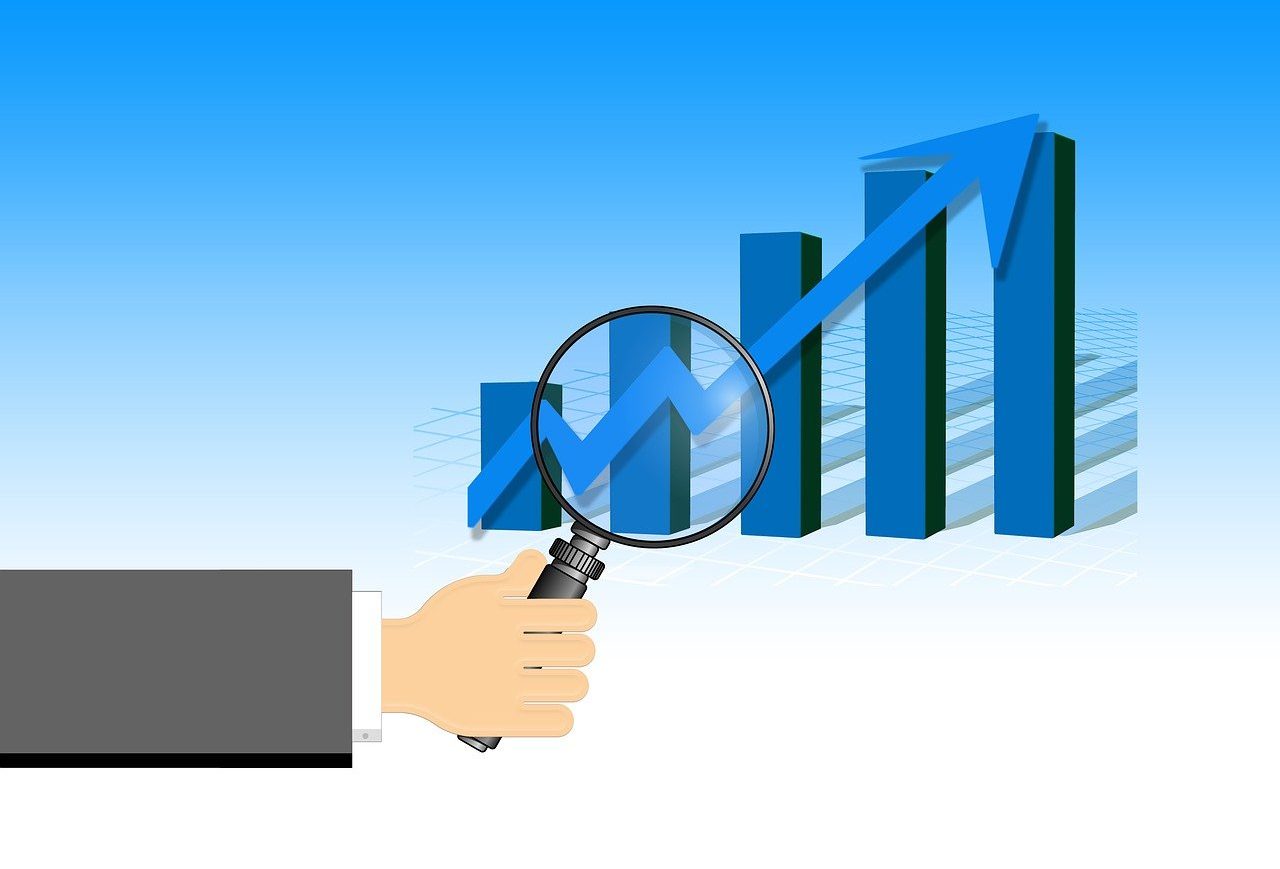
Competitive intelligence contributes to strategic management.
Competitive intelligence is the skill that makes it possible to collect, analyze and use information to gain an advantage over competitors . This is the ability to develop a deep understanding of the market, which helps detect existing opportunities and risks.
It should be noted that the idea of intelligence refers to the ability to solve problems or understand. Competitive , meanwhile, is an adjective that can refer to that or that which is prepared or capable of competing: rivaling, fighting or contending.
It can be said that competitive intelligence is the ability to relate information from market research to corporate decisions . That is, it consists of taking advantage of the knowledge generated to achieve competitive advantages.
Importance of competitive intelligence
Competitive intelligence is based on the search and processing of information. While it focuses on competitor data, it also studies customers and examines different market variables. This comprehensive overview serves to anticipate possible events and develop a competitive strategy that helps place the company in a favorable position.
In this way, the application of competitive intelligence results in learning from competitors, contributes to recognizing the changes that occur in the market over time and promotes an improvement in competitiveness. Benchmarking (competition studies), SWOT analysis (strengths, weaknesses, opportunities, threats), media monitoring and opinion surveys are some of the tools that are usually used.
Experts also emphasize that competitive intelligence is useful for making decisions related to strategic alliances, mergers and acquisitions . This way the company can grow and face different challenges with greater chances of success.

Competitive intelligence allows for trend analysis.
The cycle
Author and consultant Fouad Benyoub maintains that there is a competitive intelligence cycle that consists of six stages:
- Definition of needs : The company must establish what knowledge it needs to advance its strategic planning and achieve its objectives.
- Obtaining data : It is key to go to reliable sources to collect adequate data. Social network analysis, focus groups and interviews with experts are some of the options.
- Data analysis : Data analysis tools are key to the processing that makes it possible to generate knowledge. The data must be cleaned and classified for pattern recognition.
- Communication of results : It involves the transmission of information to the indicated areas and people.
- Decision making : In this phase, the suggested actions are carried out based on knowledge and by virtue of competitive intelligence.
- Evaluation : It consists of examining the results of what was executed, considering the feedback to optimize the procedures.

Artificial intelligence to work with big data can help competitive intelligence.
Types of competitive intelligence
It is possible to differentiate between several types of competitive intelligence. One of the common classifications distinguishes between tactical competitive intelligence and strategic competitive intelligence .
Tactical competitive intelligence is applied in short-term procedures, the results of which can be evaluated on a quarterly basis (such as measures aimed at achieving an increase in profits). Strategic competitive intelligence , for its part, is oriented to the long term: strategies to act in the face of the environmental crisis, adaptation to technological changes, etc.
Competitive intelligence can also be classified according to its application framework. Market intelligence , as its name indicates, allows you to collect information about the market where the company operates. This way you can know your own position, examine competitors and evaluate possible expansion to other regions.
Sales intelligence is those resources that contribute to the work of salespeople. It is linked to how contacts are managed, leads are generated, etc. Innovation intelligence , for its part, is associated with the search for new methodologies and tools.
Product intelligence , economic intelligence , and geopolitical intelligence are other types of competitive intelligence.
Frequent errors
The development of competitive intelligence is not free of possible errors. Certain failures, in fact, are common and threaten the fulfillment of objectives.
A common problem is not corroborating the validity of sources , which can be from social networks to consumers or suppliers, including websites and press releases. Data-based decision making requires appropriate knowledge management, so sources must be credible. The data also has to be updated frequently to avoid losing value.
Simplification and generalization are other recurring mistakes. To transform data into information and knowledge, it is essential that the processing and analysis yield accurate results so that the conclusions are valid and consistent with reality.
Ethics in competitive intelligence, likewise, is another important factor. The desire to collect data does not support resorting to corporate espionage or other inappropriate practices.
